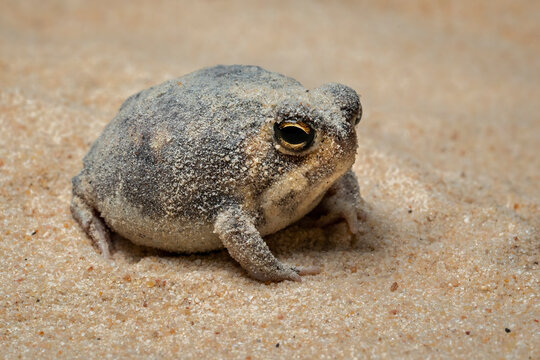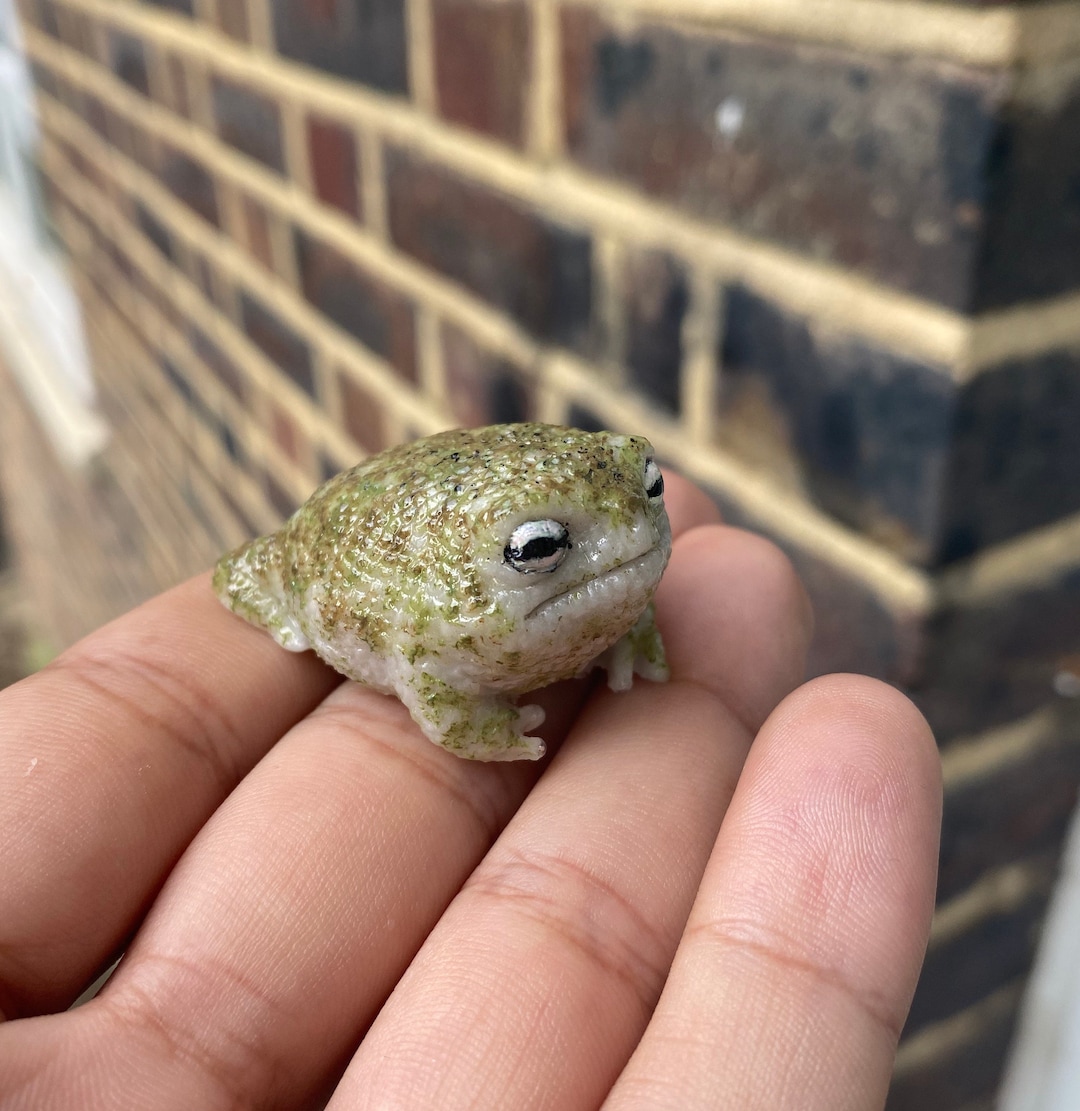Obtain Your Hands on a Rain Frog for Sale: Experience the Happiness of One-of-a-kind Pet Ownership!
Obtain Your Hands on a Rain Frog for Sale: Experience the Happiness of One-of-a-kind Pet Ownership!
Blog Article
Common Wellness Issues in Reptiles: Signs And Symptoms and Solutions
In the intricate world of reptile care, understanding the typical health and wellness problems that may affect these special animals is paramount in ensuring their wellness. From respiratory infections that can silently hold to metabolic bone conditions that can disable, reptiles are prone to a variety of disorders that call for keen monitoring and prompt treatment. Whether it's coming to grips with parasitic invasions, navigating dehydration concerns, or dealing with skin conditions that show up in subtle means, being attuned to the symptoms and geared up with the knowledge of efficient solutions is necessary for any type of reptile owner. By diving even more into the subtleties of these health and wellness problems and exploring the sensible treatments available, one can protect the health and vigor of these fascinating animals.
Respiratory System Infections
Breathing infections in reptiles can substantially impact their general health and wellness and need punctual interest from skilled vets. These infections are commonly created by bacteria, fungis, or viruses and can show up through signs such as wheezing, nasal discharge, open-mouth breathing, and sleepiness. In reptiles, breathing infections can be particularly challenging to detect and deal with due to their one-of-a-kind anatomy and physiology. Vets frequently depend on a combination of physical evaluations, analysis imaging, and research laboratory tests to precisely determine the underlying reason for the infection.
Therapy for respiratory system infections in reptiles typically entails a mix of supportive care, such as keeping proper moisture degrees and temperature level slopes in the room, in addition to targeted medication to deal with the particular pathogen in charge of the infection. It is vital for reptile proprietors to check their family pets closely for any kind of indicators of breathing distress and look for vet care at the earliest indicator of a concern. With prompt treatment and ideal therapy, lots of reptiles can recover totally from respiratory infections and resume normal activities.

Metabolic Bone Disease
What aspects add to the growth of Metabolic Bone Disease in reptiles?
Metabolic Bone Disease (MBD) in reptiles is mostly triggered by an absence of proper calcium, phosphorus, and vitamin D3 levels in their diet plan. Furthermore, insufficient direct exposure to UVB light prevents reptiles from synthesizing vitamin D3, which is essential for calcium absorption and bone wellness.
Other contributing factors to MBD include improper temperature slopes within the reptile's environment, causing decreased metabolic rate and damaged calcium absorption. Not enough moisture degrees can likewise affect a reptile's capacity to metabolize calcium properly. Particular reptile varieties have certain dietary requirements that, if not met, can increase the chance of establishing MBD. Routine veterinary exams, appropriate husbandry techniques, and a well balanced diet plan are vital to avoid Metabolic Bone Disease in reptiles.
Parasitic Infestations
Parasitical infestations present a substantial wellness risk to reptiles, influencing their total health and needing punctual veterinary focus. Reptiles can be affected by different bloodsuckers, including mites, ticks, interior worms, and protozoa. These bloodsuckers can create a series of signs and symptoms, such as weight-loss, sleepiness, skin inflammation, looseness of the bowels, and even death if left untreated.
One typical bloodsucker discovered in reptiles is the mite, which can create skin anemia, stress, and irritability. Ticks are another external parasite that can trigger and send illness discomfort to the reptile. Interior parasites like worms and protozoa can result in gastrointestinal concerns, lack of nutrition, and deteriorate the reptile's body immune system.
To diagnose a parasitic infestation, a vet may do fecal examinations, skin scrapings, or blood examinations. Therapy frequently involves deworming medications, antiparasitic bathrooms, or in extreme instances, a hospital stay. Preventative procedures such as normal vet exams, appropriate hygiene, and quarantine procedures for new reptiles can aid reduce the risk of parasitic website here invasions and make certain the well-being of reptile animals.
Dehydration and Hydration Issues
Dehydration in reptiles can substantially affect their health and wellness and health, requiring prompt treatment and ideal hydration administration. If left untreated, dehydration can lead to significant health and wellness problems and also be fatal to the reptile.
To prevent dehydration, reptile proprietors ought to make certain that their animals have access to tidy water whatsoever times. The water meal ought to be big enough for the reptile to saturate in if required, particularly for types that take in water with their skin. Furthermore, preserving appropriate moisture levels in the reptile's unit and offering normal baths can help stop dehydration.
In instances of dehydration, it is vital to seek vet care quickly. A vet might carry out liquids either by mouth or through injections to rehydrate the reptile. It is vital to attend to the underlying source of dehydration to avoid recurrence and make sure the reptile's total well-being.
Skin Conditions

Conclusion

Respiratory system infections in reptiles can substantially influence their general health and need prompt focus from knowledgeable veterinarians (rain frog for sale). Preventative actions such as routine vet exams, appropriate health, and quarantine procedures for new reptiles can help decrease the danger of parasitical problems and make sure the well-being of reptile pet dogs
If left without treatment, dehydration can lead to major health concerns and even be deadly to the reptile.
Frequently examining your reptile for any modifications in skin texture, color, or appearance can aid in very early discovery and treatment of skin ailments, advertising the total health and wellness and health of your scaly buddy. - rain frog for sale
In verdict, reptiles are prone to different health and wellness issues such as breathing infections, metabolic bone condition, parasitic problems, dehydration, and skin disorders.
Report this page